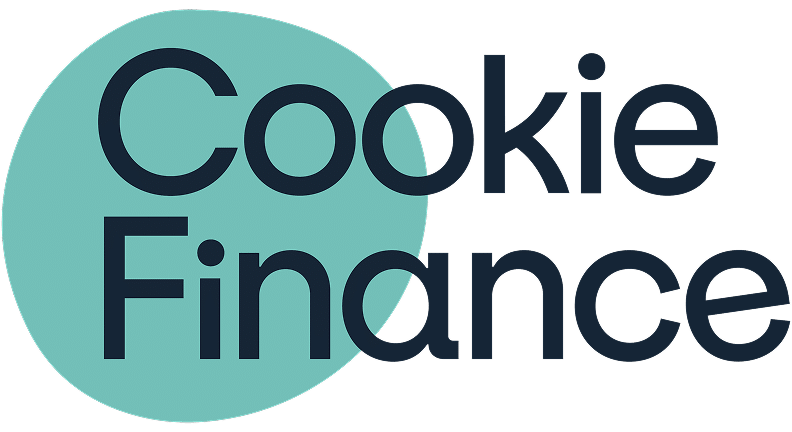Being a content creator is exciting, isn’t it? You get to share your creativity with the world, build a community, and maybe even turn your passion into a full-time career. But with great creative freedom comes responsibilities, especially when it comes to taxes, including quarterly estimated payments for content creators.
If you’ve ever wondered who has to pay quarterly estimated payments for content creators and what happens if you don’t, read on for the details.
Who Has to Pay Quarterly Estimated Taxes?
Let’s start with the basics. You should pay quarterly estimated taxes if you’re self-employed and expect to owe $1,000 or more in taxes for the year after subtracting your withholding and refundable credits. Because you don’t have an employer withholding taxes from your paycheck, you’re responsible for estimating and paying your taxes throughout the year.
Why Quarterly Payments Matter
The U.S. tax system operates on a pay-as-you-go basis. This means the IRS wants its money in (roughly) equal chunks throughout the year, not all at once when you file your tax return. That’s where quarterly estimated taxes come in. These payments cover your income tax, self-employment tax (which includes Social Security and Medicare), and any other taxes you might owe.
Skipping these payments or paying too little, can lead to penalties, even if you plan to pay everything by April 15.
What happens if you don’t pay?
Now let’s talk about the not-so-fun part: penalties. If you fail to pay enough in quarterly estimated taxes, the IRS can charge you a penalty for underpayment. Here’s how it works:
- Underpayment Penalty: This penalty is essentially interest on the amount you should have paid during the year. The IRS calculates it based on how much you underpaid and how long the money was late. The current interest rate for underpayments is adjusted quarterly.
- Late Payment Penalty: If you miss a quarterly deadline entirely, the IRS may tack on an additional late payment penalty. Deadlines are usually April 15, June 15, September 15, and January 15 of the following year (adjusted if the date falls on a weekend or holiday).
 How to Avoid Penalties
How to Avoid Penalties
Here’s the good news: penalties are avoidable. Here are a few tips to stay on the IRS’s good side:
- Estimate Your Income: Use your prior year’s tax return as a starting point to estimate how much you’ll make this year. Keep track of your earnings and adjust your quarterly payments as needed.
- Use the Safe Harbor Rule: To avoid penalties, pay at least 100% of the total taxes you owed last year (or 110% if your income is more than $150,000) or 90% of your current year’s tax liability, whichever is smaller.
- Automate Payments: Set reminders or schedule payments through the IRS’s Electronic Federal Tax Payment System (EFTPS). Automation helps ensure you never miss a deadline.
Wrapping Up
As a content creator, you’re juggling a lot — brainstorming new ideas, creating content, engaging with your audience, and managing the business side of things. Taxes might not be the most glamorous part of your work, but staying on top of them is crucial. Paying your quarterly estimated payments for content creators keeps the IRS happy and helps avoid unnecessary penalties and stress.
Take the time to plan, stay organized, and set aside a portion of your earnings for taxes. Your future self (and your wallet) will thank you. Want some help with all of this? Book a call with us to see how we can work together. We work exclusively with content creators like you, so we know what matters to run the tax, accounting, and bookkeeping parts of your business.




 How to Avoid Penalties
How to Avoid Penalties